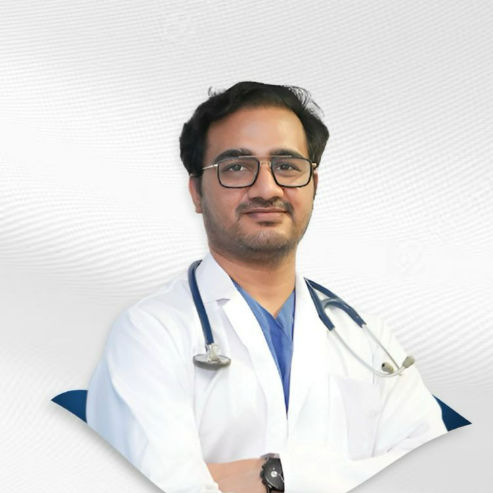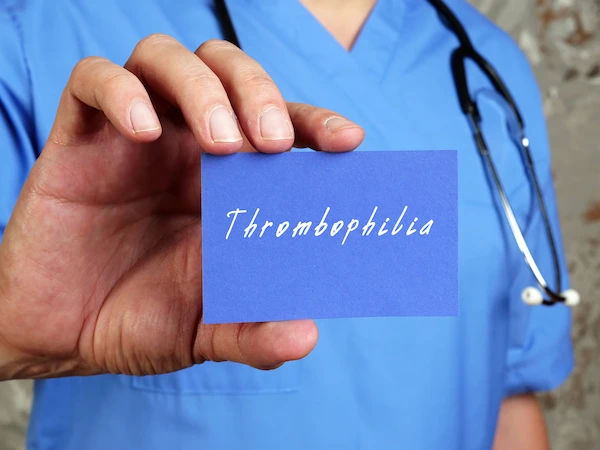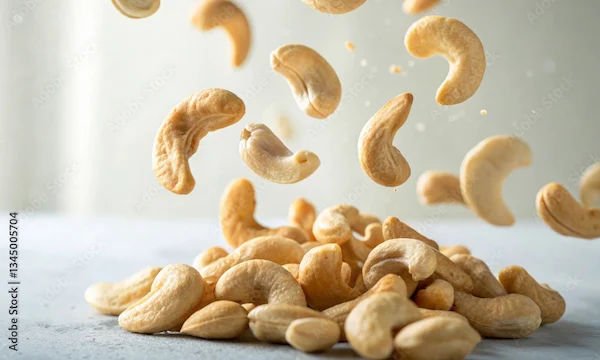Patent Ductus Arteriosus: Causes, Symptoms, and Treatment
Learn about Patent Ductus Arteriosus (PDA), a congenital heart defect, including its causes, symptoms, and treatment options. Understand how early diagnosis and proper care can ensure healthy development in children.

Written by Dr. Siri Nallapu
Reviewed by Dr. D Bhanu Prakash MBBS, AFIH, Advanced certificate in critical care medicine, Fellowship in critical care medicine
Last updated on 22nd Aug, 2025

Patent Ductus Arteriosus (PDA) is a heart condition that affects some newborns, where a blood vessel called the ductus arteriosus fails to close after birth. This vessel is essential before birth, allowing blood to bypass the baby’s lungs since they aren’t yet in use. However, after birth, this opening should naturally close within a few days. If it remains open (patent), it can cause complications by allowing oxygen-rich and oxygen-poor blood to mix improperly.
While PDA is more common in premature babies, it can also occur in full-term infants. The good news is that with early detection and proper treatment, most children with PDA can lead healthy, active lives.
Causes of PDA
The exact cause of PDA isn’t always clear, but several factors may contribute:
Premature birth – Babies born before 37 weeks are at higher risk because the ductus arteriosus may not have had enough time to mature and close.
Genetic factors – A family history of heart defects may increase the risk.
Maternal infections during pregnancy – Certain infections, like rubella, can affect fetal heart development.
Other congenital heart conditions – Some babies with PDA may have additional heart defects.
Low birth weight – Smaller babies are more likely to have PDA.
Consult a Top Cardiologist
Symptoms of PDA
Many babies with a small PDA may show no symptoms, and the condition might be detected only during a routine check-up. However, a larger PDA can cause noticeable signs, including:
Fast or heavy breathing – The baby may breathe rapidly or seem to struggle while feeding.
Poor weight gain – Difficulty in gaining weight due to extra strain on the heart.
Fatigue during feeding – The baby may tire easily and not feed well.
Sweating while crying or eating – Excessive sweating due to extra effort in breathing.
Frequent respiratory infections – Increased susceptibility to lung infections.
In older children or adults (if undiagnosed earlier), symptoms may include:
Shortness of breath during physical activity
Heart palpitations (feeling of a fast or irregular heartbeat)
Fatigue and weakness
How PDA Affects Health
If left untreated, a large PDA can lead to complications such as:
Heart failure – The heart works harder to pump blood, leading to fatigue and weakness.
Pulmonary hypertension – High blood pressure in the lungs, which can damage lung arteries over time.
Infective endocarditis – A rare but serious infection of the heart lining.
Irregular heart rhythms (arrhythmias) – Due to extra strain on the heart.
Early diagnosis and treatment can prevent these complications and help the child grow normally.
Diagnosis of PDA
Doctors may suspect PDA based on symptoms or a heart murmur (an extra sound heard during a heartbeat). Tests to confirm PDA include:
Echocardiogram (Echo) – An ultrasound of the heart that shows blood flow and the size of the PDA.
Chest X-ray – Helps check heart and lung condition.
Electrocardiogram (ECG) – Records the heart’s electrical activity.
Pulse oximetry – Measures oxygen levels in the blood.
If you suspect your child has PDA, consult a pediatric cardiologist for a proper evaluation.
Treatment Options for PDA
The treatment depends on the size of the PDA, the child’s age, and symptoms:
1. Monitoring (For Small PDAs)
Some small PDAs close on their own within the first year.
Regular check-ups with a doctor to monitor progress.
2. Medications
Indomethacin or Ibuprofen (for premature babies) – Helps close the PDA by tightening the blood vessel.
Diuretics – Reduce fluid buildup if the heart is under strain.
3. Non-Surgical Procedures
Catheter-based closure – A thin tube (catheter) is inserted through a blood vessel to place a small device that seals the PDA. This is a minimally invasive procedure with a quick recovery.
4. Surgery
Open-heart surgery (rarely needed) – If the PDA is large or causing severe symptoms, a surgeon may close it with stitches or a clip.
Most children recover well after treatment and can lead normal, active lives.
Living with PDA: Tips for Parents
If your child has PDA, here are some ways to support their health:
Follow-up care – Regular visits to the cardiologist ensure proper healing.
Healthy nutrition – Ensure your baby gets enough calories to support growth.
Prevent infections – Keep vaccinations up to date and avoid exposure to illnesses.
Encourage physical activity – Most children with treated PDA can play and exercise normally.
When to See a Doctor
If your baby shows signs like:
Difficulty breathing
Poor feeding or weight gain
Excessive sweating or fatigue
Seek medical advice promptly. Early intervention leads to better outcomes.
How Apollo24|7 Can Help
If you suspect your child has PDA or need expert cardiac care, Apollo24|7 offers:
Pediatric cardiology consultations with experienced specialists.
Advanced diagnostic tests (Echo, ECG, X-rays) for accurate diagnosis.
Minimally invasive treatments for quick recovery.
You can easily book an appointment online or schedule a test through Apollo24|7’s user-friendly platform.
Conclusion
Patent Ductus Arteriosus is a treatable condition, especially when detected early. With modern medical care, most children with PDA grow up healthy and active. If you have concerns about your child’s heart health, don’t hesitate to consult a specialist.
Consult a Top Cardiologist
Consult a Top Cardiologist

Dr. Anand Ravi
General Physician
2 Years • MBBS
Bengaluru
PRESTIGE SHANTHINIKETAN - SOCIETY CLINIC, Bengaluru

Dr. Tripti Deb
Cardiologist
40 Years • MBBS, MD, DM, FACC, FESC
Hyderabad
Apollo Hospitals Jubilee Hills, Hyderabad
Dr Moytree Baruah
Cardiologist
10 Years • MBBS, PGDCC
Guwahati
Apollo Clinic Guwahati, Assam, Guwahati

Dr. Zulkarnain
General Physician
2 Years • MBBS, PGDM, FFM
Bengaluru
PRESTIGE SHANTHINIKETAN - SOCIETY CLINIC, Bengaluru

Dr. Janjirala Seshivardhan
Cardiologist
7 Years • MBBS,DNB(GM),DM(Cardiology)
Manikonda Jagir
Apollo Clinic, Manikonda, Manikonda Jagir




